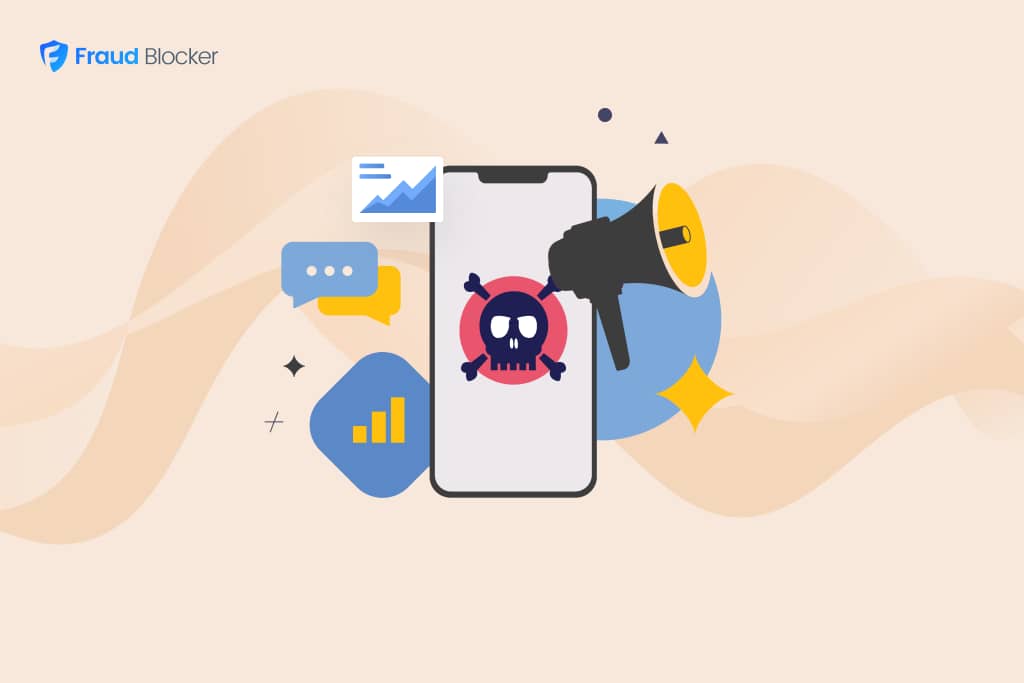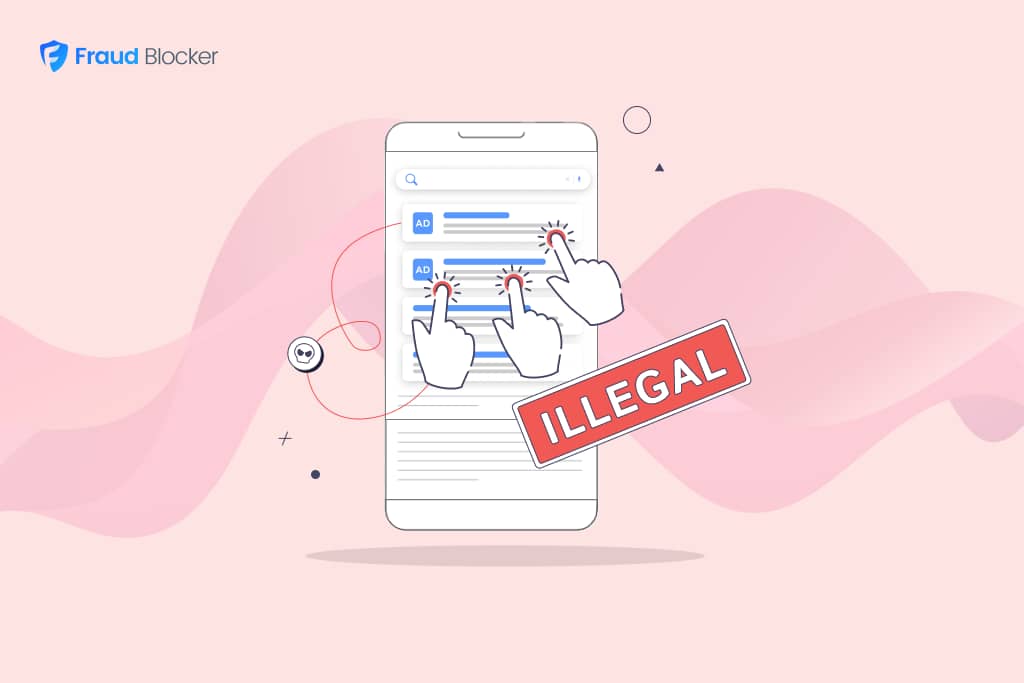
NEW New feature: Verify & block fake emails

We improve your ad performance by blocking click fraud and fake emails

Click fraud is costing advertisers billions in loses. Learn more here.

Click fraud is costing advertisers billions in loses. Learn more here.
Cybercrime is now being packaged and sold as a solution for fraudsters to buy. Called Fraud-as-a-Service (FaaS), this practice is making it easier than ever for bad actors to launch large-scale fraud campaigns without the technical know-how. From phishing scams to mobile app clones and click fraud, FaaS is empowering criminals in a new way.
This article dives into what Fraud-as-a-Service is, how it works, and what businesses can do to defend against it.
Read more: What is click fraud?
🚨Disclaimer: This article is for informational purposes only. We’re sharing it to raise awareness about the rising threat of Fraud-as-a-Service and the need for proactive fraud prevention.
Fraud-as-a-Service (FaaS) is a cybercrime business model where fraudsters sell tools and services that aid bad actors in committing fraud, in exchange for payment. FaaS providers offer everything from compromise kits to app cloners, and even 24/7 customer service to their clients.
The model is very similar to Software-as-a-Service (SaaS) where a business offers you tools to boost operational efficiency, improve marketing, and generally make more money. Except in this case, the business is a cybercrime outfit, and it grows by defrauding more people.
FaaS platforms give criminals the infrastructure, automation, and scale they need to carry out widespread fraud with minimal effort. Here’s how it typically works:
FaaS platforms may offer a wide range of tools and products for both novice and experienced criminals. Here are some of them:
Read more about domain spoofing and IP spoofing.
Russian Coms was a FaaS platform that fueled large scale impersonation scams from 2021 until its takedown by the UK’s National Crime Agency in August, 2024.
According to infosecurity, Russian Coms enabled over 1.3 million scam calls using advanced spoofing kits that mimicked phone numbers from banks, telecom providers, and even police departments.
The service offered tools to manipulate caller ID, script interactions, and harvest sensitive financial data with high scalability potential. Nearly 500,000 unique phone numbers were targeted in the UK alone, with reported losses averaging £9,400 per victim.
The easier fraud is to execute, the more businesses suffer. We’ve seen this with the new generation of bot farms that use AI and LLMs to create more sophisticated schemes, effortlessly spoof hundreds of websites and defraud businesses of millions.
This means your business could be at risk. Luckily, there are cybersecurity measures you can take to defend against FaaS. These include:
While FaaS spans phishing, laundering, and ransomware, one of the fastest-growing segments is ad fraud, which cost advertisers $84 Billion in 2023, and that number is expected to rise to $170 Billion by 2028.
With fraudsters operating on such a large scale, you need a solution built to identify and block fraudulent activity.
Fraud Blocker works by detecting and blocking invalid traffic in real time, including bots, click farms, and other forms of ad fraud. We use advanced algorithms and IP analysis to identify suspicious behavior before it drains your budget.
By filtering out fake clicks and impressions, Fraud Blocker helps you preserve ad spend, improve campaign performance, and focus only on reaching real, high-quality audiences.
Start a 7-day free trial and see how much Fraud Blocker can save you.


